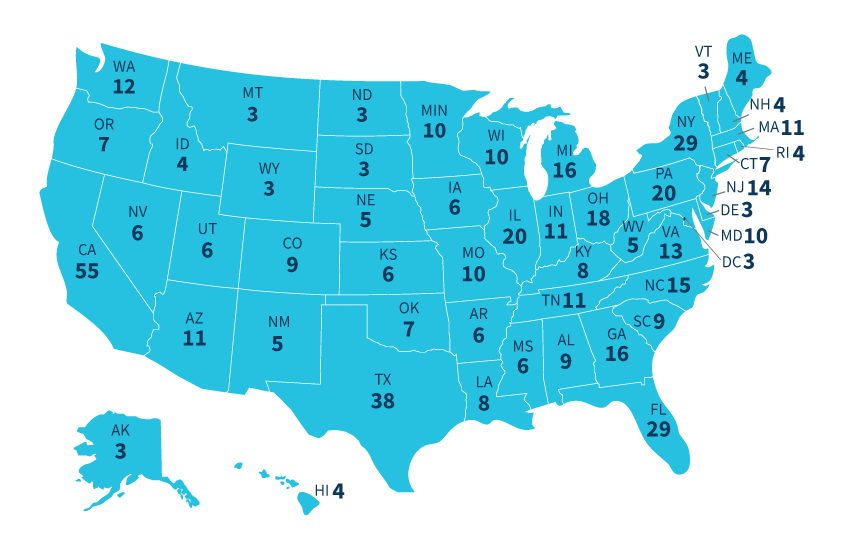After months of aggressive campaigning, the much anticipated (and for some, highly dreaded) US Election Day is finally here. Americans will deliver their verdict today, on whether to grant incumbent President Donald Trump another chance or to hand over the reins to his Democratic challenger and former Vice President, Joe Biden. Simultaneous (and enduring) socio-political, economic, and health crises in the country have set the stage for an ultra-high-stakes political fight, so here are some key things you need to know about today’s vote:
We might not know the result immediately on election night
Due to the COVID-19 pandemic, more than 96 million people have already cast their ballots, likely reducing the number of people voting in person this year. The large swathes of mail-in ballots are expected to cause a delay in the counting of votes once the polls close, particularly in some battleground states. Though President Trump has stated multiple times that the winner will be declared on Election Night, that may not be true, because federal law technically gives states till December 8 to count ballots and settle disputes. However, some key states like Florida and Texas, for example, may be able to generate results quickly after polls close, while others like Pennsylvania might take days to do so, where election officials are legally prohibited from tallying up the early ballots until Election Day.
The Electoral College vote is what matters most
The winner of the US presidential race is not one who gets the national popular vote, but rather the majority vote of what is known as the Electoral College (EC). Each state is afforded a certain number of EC votes partly based on its population, and there are a total of 538 votes up for grabs, making the presidential election a race to 270 votes or more. This makes it possible for a candidate to win the most votes nationally, but still be defeated by the electoral college, which is exactly what happened to Hillary Clinton in 2016 (who won the national popular vote by almost 3 million) and to Al Gore in 2000.

It’s not just a fight for the Oval Office
While most of the attention is on the Trump vs Biden fight, it is not the only thing that Americans are voting for. They are also choosing their representatives for Congress. All 435 seats in the House are up for election this year, along with 33 Senate seats and 11 governorships. The Democrats hold a majority in the House already and will be looking to keep that while also aiming to secure control of the Senate. In the event that Trump gets re-elected, a Democrat majority in both chambers means that they will be able to block or delay his plans going forward. Meanwhile, prominent Republican leaders like Senate Majority Leader Mitch McConnell and Senate Judiciary Chairman Lindsay Graham are facing tough re-election bids in their home states of Kentucky and South Carolina respectively, which will be interesting races to watch out for.
There have been numerous reports of voter suppression in key states
Amid a deeply partisan election battle, some battleground states have also seen GOP authorities trying to limit access to the polls in places like Texas, Ohio, and Pennsylvania. Though federal judges have attempted to stop the Trump administration’s efforts to make changes to the US Postal Service (USPS), to bar the use of ballot boxes, or discount hundreds of thousands of early ballots (baselessly claiming voter fraud) in key states, it has still created disturbances and confusion for voters in the middle of a hotly contested election. There have also been reports of extensive disinformation campaigns being undertaken by foreign actors to dissuade people from voting and help skew the election in favour of President Trump.
The international community is watching
The outcome of the US presidential election is important not just to Americans, but also to the entire world, given its impact on international alliances, organizations, and trade. The world is watching this race closely, with some hoping for a continued partnership with Trump, and others preparing for what might come next. While most major powers have stayed away from publicly taking sides some have made their disdain for the current US leadership very clear. Palestinian PM Mohammed Shtayyeh warned earlier this month that another 4 years of Trump would be disastrous for his people and the world, in a virtual address to the European Parliament, saying: “God help us, God help you and God help the whole world”.

